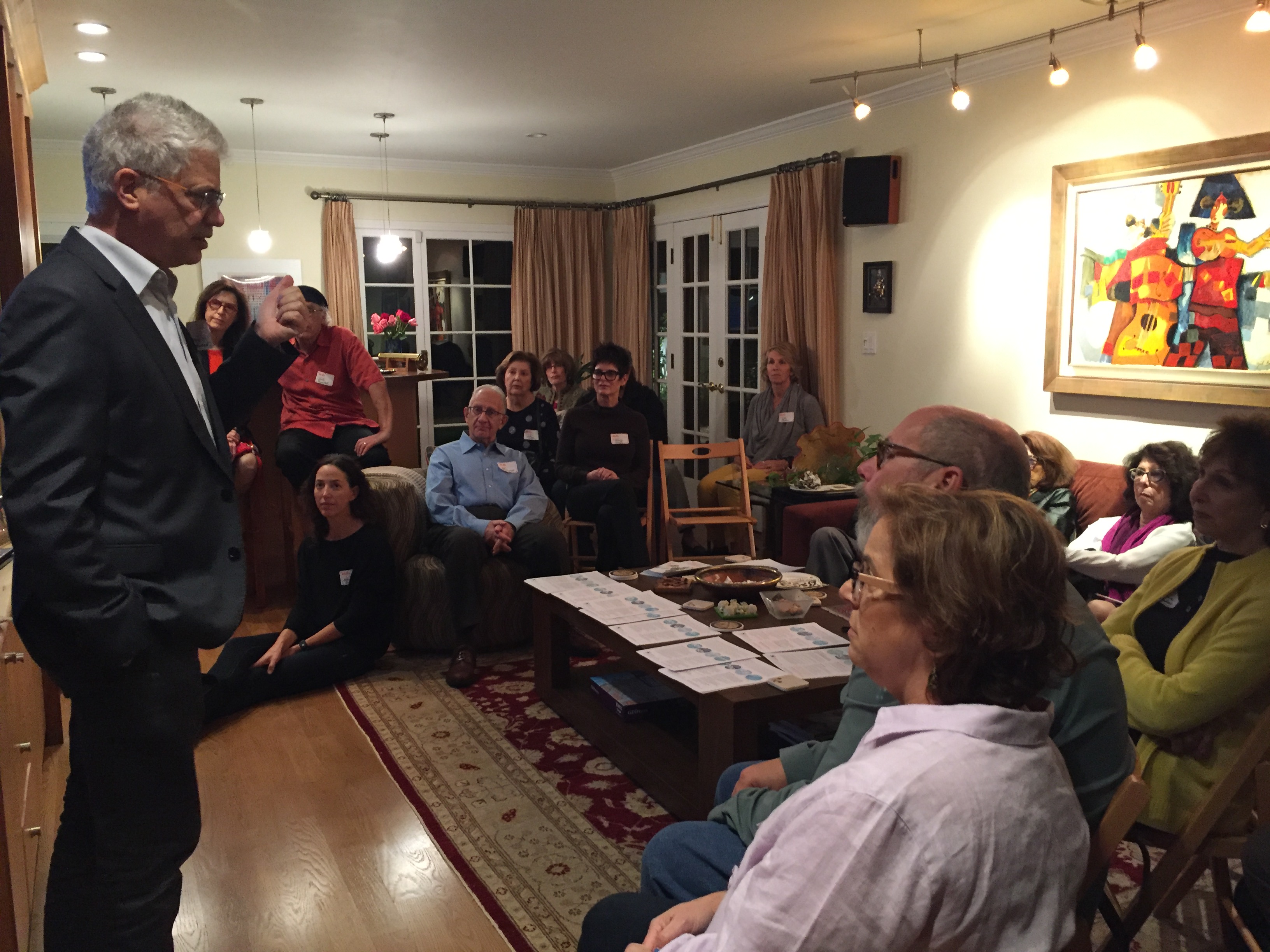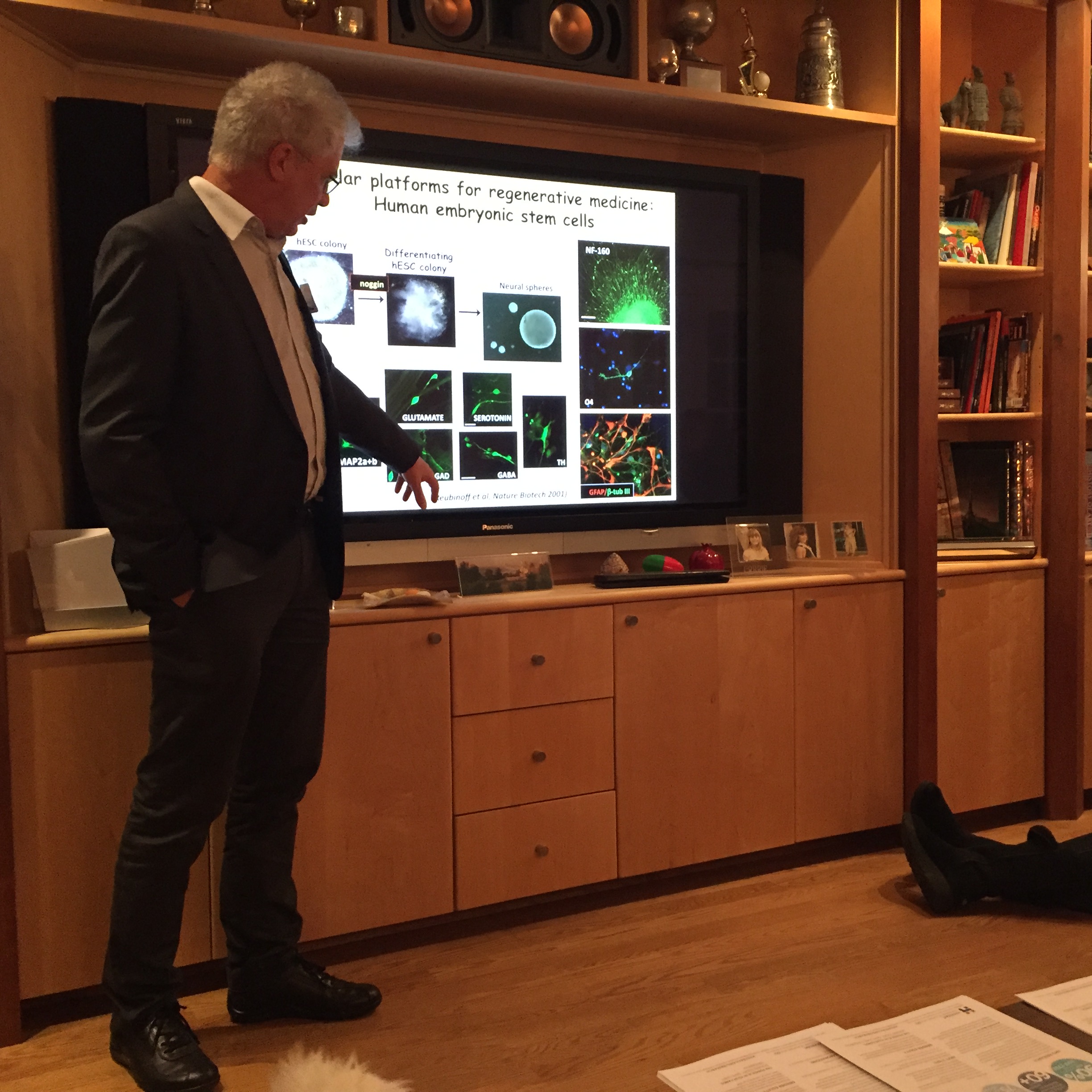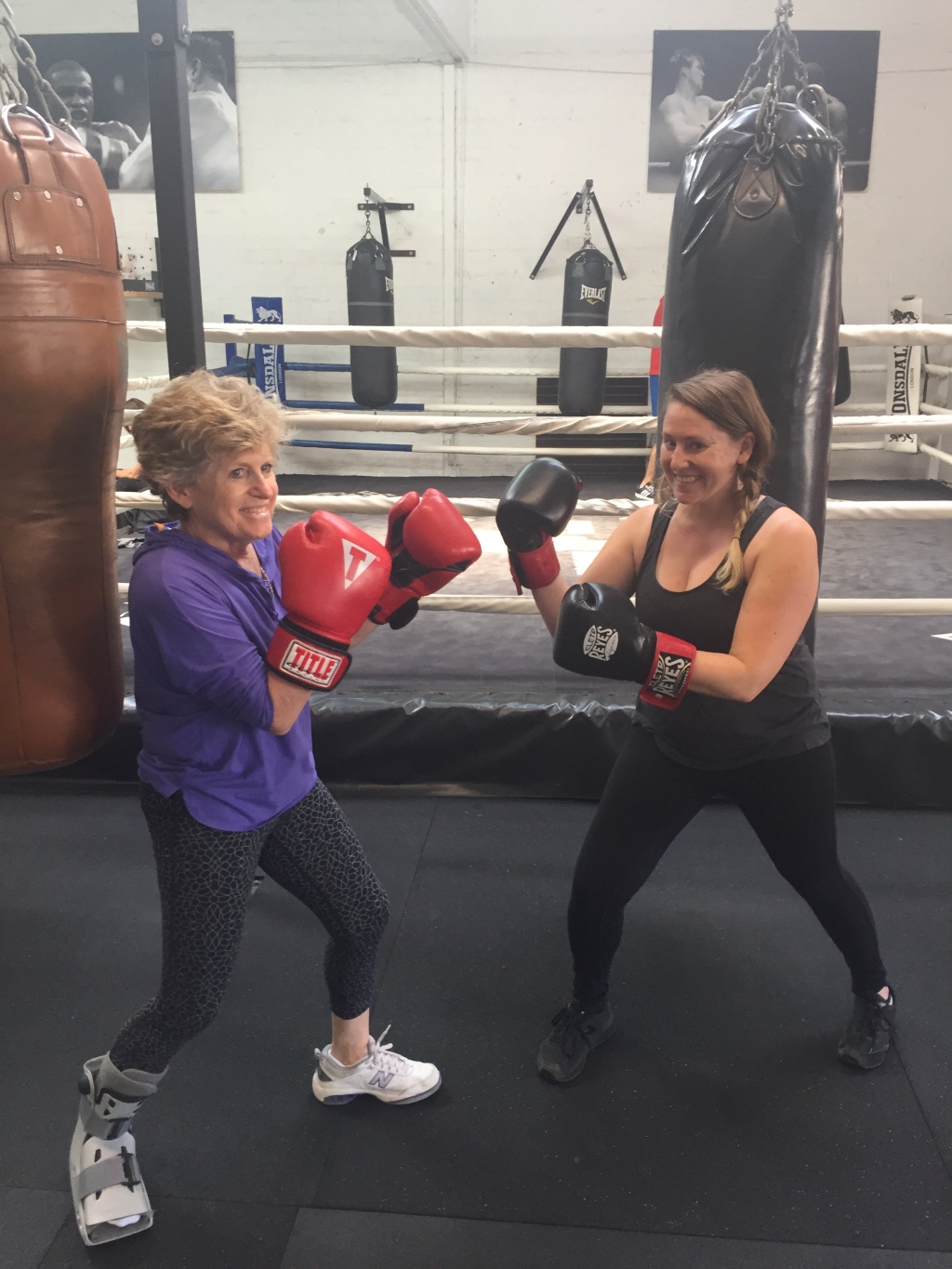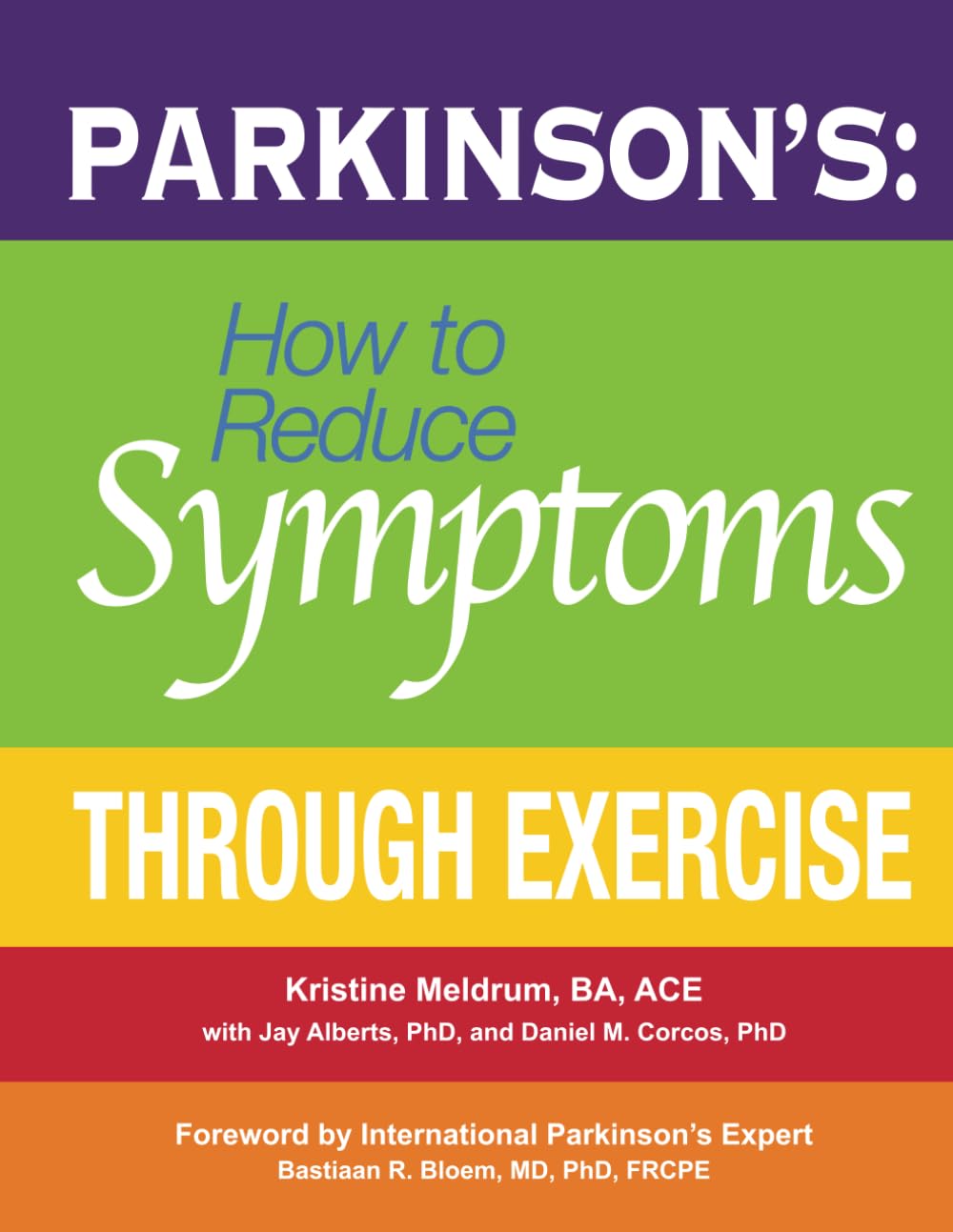Research begins with the patient, not in the lab
Professor Tamir Ben-Hur
25 people packed into my family room on Monday night to hear Professor Tamir Ben-Hur, the Israel S.Wechsler Chair in Neurology at Hadassah Hebrew University Medical Center in Jerusalem, speak about the future of Parkinson’s research. The one word we kept hearing throughout his presentation was “Hope.” The standing room crowd listened intently to his presentation, hoping to hear those magic words: we have found a cure for Parkinson’s. But we all know the reality of our situation, and the best we can hope for now is an improvement in our lives with PD.
Prof Ben-Hur spoke about 3 key points. First, he spoke about treatments being developed for PD. One is using stem cells for treatment of Parkinson’s Disease. Animal models have shown some success with stem cells generating dopamine neurons and movement functions improved. Unfortunately, the implanted stem cells did not survive very well in humans. It has taken 10 years to develop an improved method to generate stem cells and implant them and trials in humans will begin soon. There is an international multi-center effort to find a way to do the tranplant successfully. It is most likely that they will recruit patients who have movement symptoms. The downside is that side effects may include increased diskinesias.
He spoke about the direction of DBS (deep brain stimulation) research. DBS is the most important therapeutic option today. The most difficult thing is finding the exact spot in the brain to place the electrode. The process he described was amazing. If the surgeon misses by a mm, the emotional part of the brain can be affected with terrible side effects. Prof Ben Hur is very excited about the next generation of DBS. Researchers are looking at a Closed Loop system for DBS. Brain activity can be read by the system. When pathological activity is identified, the stimulator will be activitated to correct the symptoms. It has been shown to work in animal models and is now in development for human patients. Prof Ben Hur says that this should be available in a few years.
Second, he spoke about what we can do to prevent the disease. We need to develop a means of early diagnosis to stop the disease early. In PD, when pathological symptoms occurs, approximately 50% of the neurons have already died off. Several areas being investigated are:
A blood test – when the brain cells die, some of the DNA shows up in the blood. There are specific fingerprints that tell us where the DNA came from in the body. The technological challenge is to identify such small amounts of DNA. The hope is that the general population can eventually be screened for an accelerated death of dopamine neurons in the brain, well before clinical symptoms appear.
Another blood test being developed looks for alpha-synuclein aggregation, which may come from the gut nervous system before it moves to the brain, causing constipation. It may begin as a systemic disease for some people, not in the brain.
Use of a new MRI process, a hyperpolarizer, that shows the metabolic activity of dopamine in the brain. This has wide ranging implications for PD and for psychiatric disorders.
Finally, he talked the future. He spoke about using simple solutions that are widely available, not expensive and have no side effects. One is using powerful anti-oxidants that can cross the blood-brain barrier to reach the brain cells. Punicic Acid from Pomegranites is one anti-oxidant that is being investigated with positive results. It is being developed as a food additive, so that it does not need the expense of going through the FDA to get approval. This should be available very soon.
The final frontier for neurologic diseases is to use bio-markers to predict how the disease will behave and how it will respond to medication. Treatment can be individualized and specific to the patient. This also has implications for pharmaceutical research. Bio-markers can be used to create clinical studies using a smaller well-defined group of patients for a shorter time period, therefore decreasing dramatically the expense and time-frame for developing effective drugs for approval by the FDA.
Professor Ben-Hur ended his talk with just one word: Hope
There is Hope for the future in Parkinson’s research and treatment. As Prof Ben-Hur said, he thinks this will occur during his lifetime – and ours. Let’s hope he is right.













Leave a comment